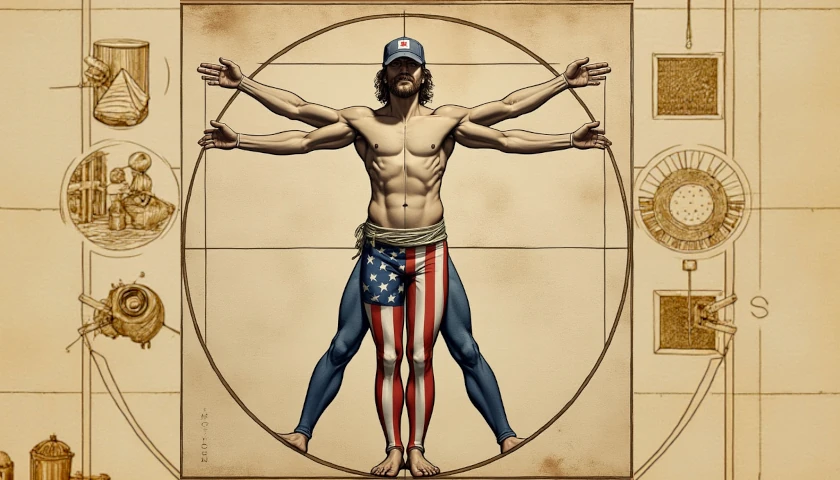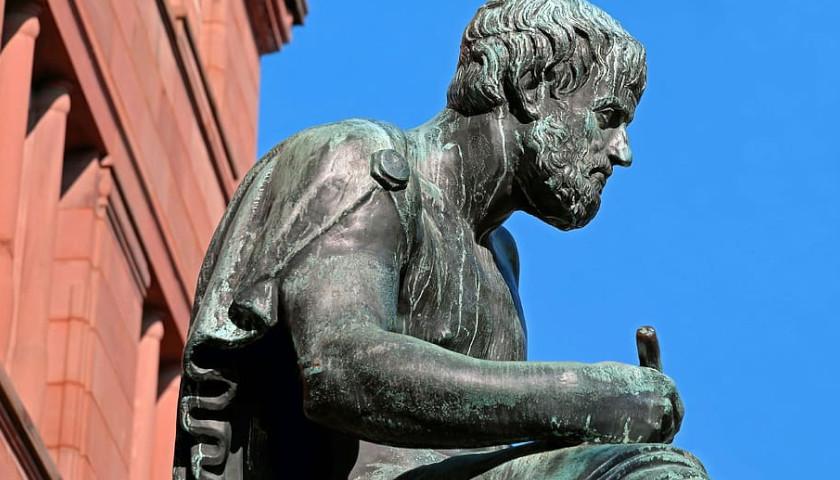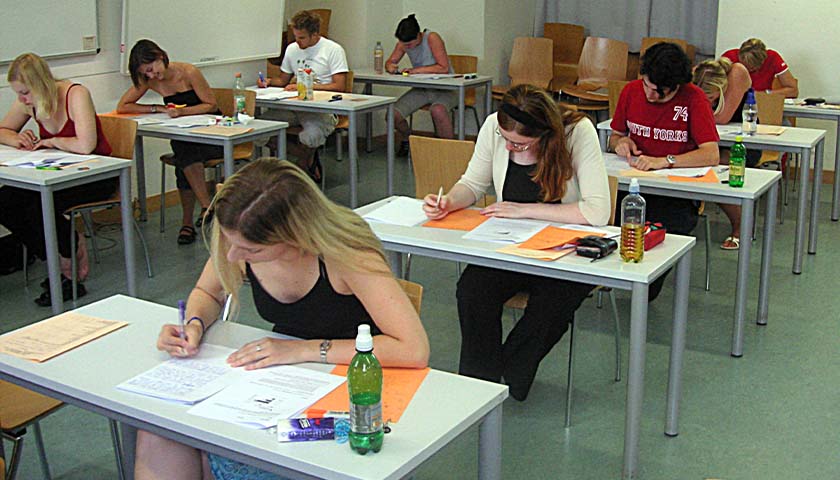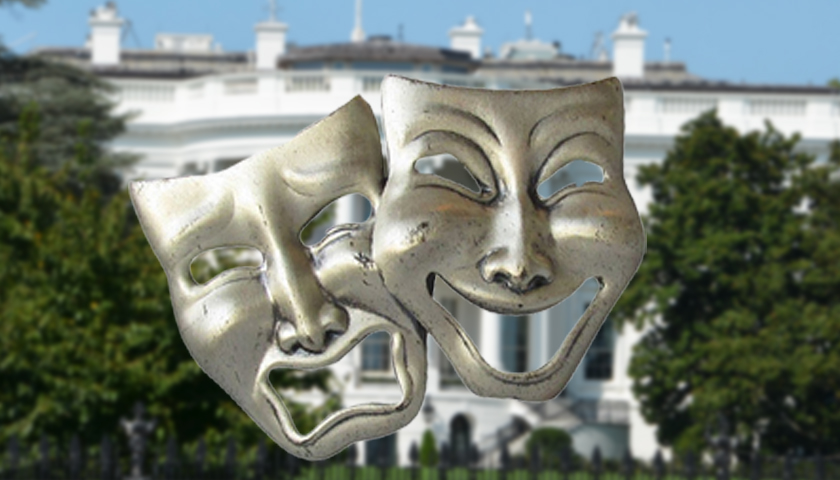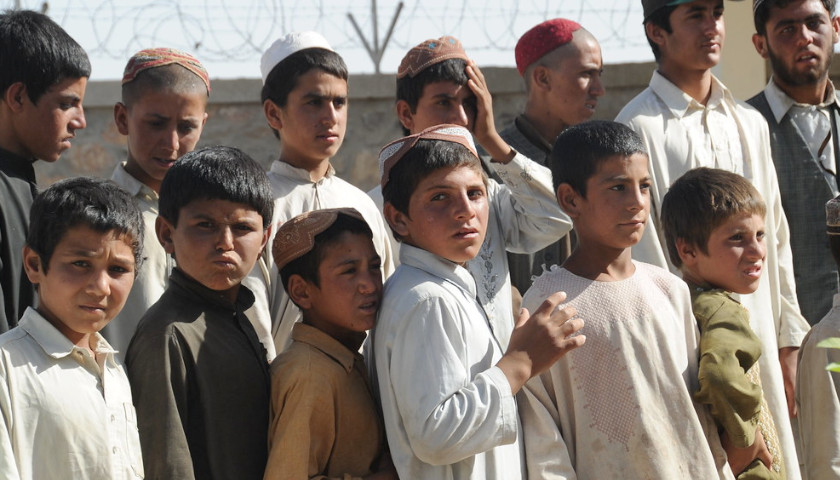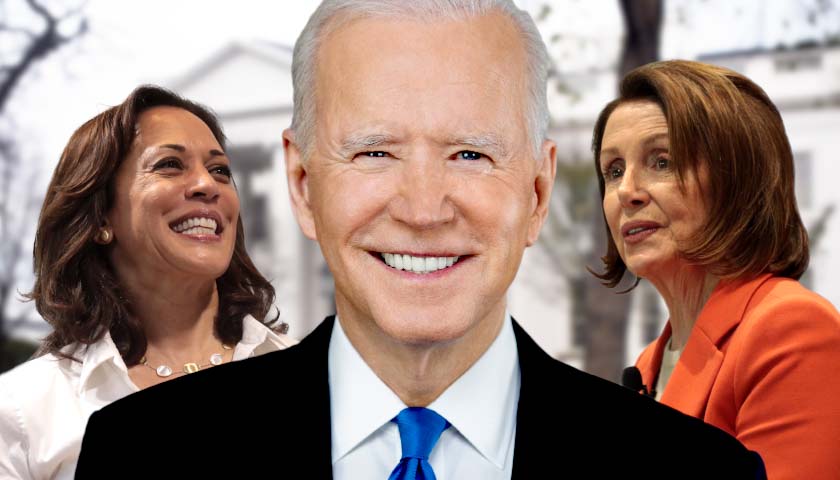The songwriter, actor, country/western singer, musician, U.S. Army veteran, helicopter pilot, accomplished rugby player and boxer, Rhodes scholar, Pomona College and University of Oxford degreed, and summa cum laude literature graduate, Kris Kristofferson, recently died at 88.
Read the full storyTag: Aristotle
Commentary: Searching for Truth and Excellence in Youth Literature and Movies
A couple of months ago, a friend of my wife and of mine, a young Italian priest, was visiting with us. Our conversation veered toward youth books and movies. Our friend lamented what he perceived as a lack of substance in contemporary books and movies for young people. He said that the books kids read and the movies they watch should reflect the truth and impel them toward right living and virtue, instead of simply mirroring the symptoms of a wounded culture. Perhaps my friend was onto something.
Read the full storyCommentary: A Farewell to Postmodernism
It is through wonder that men now begin and originally began to philosophize; wondering in the first place at obvious perplexities, and then by gradual progression raising questions about the greater matters too, e.g. about the changes of the moon and of the sun, about the stars and about the origin of the universe.
Read the full storyFlorida First State to Accept Classic Learning Test as Alternative to SAT, ACT
Florida has become the first state in the nation to officially accept the Classic Learning Test as an alternative to SAT and ACT, the latter of which are considered ideologically slanted to the left.
The legislation, signed earlier this month by Gov. Ron DeSantis, makes the exam eligible as an option for students seeking to qualify for state-funded scholarships to Florida colleges and universities. It also allows school districts to offer the CLT to 11th graders.
Read the full storyCommentary: Low Characters of the Elites in Ludicrous Situations
Reflecting on the unfolding disaster that is our social and political life in the United States during the consulship of Biden, I cannot help but think of Aristotle’s description of the structure of Greek tragedy. Obviously, the parallels are not exact. For one thing, tragedy as Aristotle understood it was a quick affair, its action over within a single day. Our national tragedy, by contrast, seems to lumber on indefinitely.
Then there is the question of the character of the protagonist. Aristotle’s chap is “a man who is not eminently good and just, yet whose misfortune is brought about not by vice or depravity, but by some error or frailty.” Sound like Joe Biden? Almost, maybe, but not really. Rudy Giuliani was not talking through his hat when he invoked the specter of the “Biden crime family,” as the words “laptop,” “China,” and “10 percent for the big guy” remind us.
There are many other differences between tragedy in Aristotle’s sense and the disaster we are suffering through. Still, when I think about the development Aristotle traces from ἁμαρτία (the tragic flaw) through ἀναγνώρισις (recognition) to περιπέτεια (the sudden reversal of fortune) to καταστροφή, the “catastrophe” that ties up the loose ends and consummates the action, I think “We’re somewhere on that road,” though exactly where is hard to say. Have we achieved the enlightenment of recognition yet? I am not at all sure about that.
Read the full storyCommentary: The Unchanging Telos of the Democrats
Watching the Biden Administration bring into the country tens of thousands of unvetted Afghans, who are neither U.S. citizens nor native Afghans who assisted American troops, I am coming to wonder whether Biden was actually wrong to describe the withdrawal of American forces as an “immense success.” It was, in fact, exactly what Biden, Secretary of State Antony Blinken, and other Democratic operatives said it was: a success that will move the Democrats toward their goal of creating a one-party state.
Like the illegal aliens streaming across our southern borders and the efforts to remove restrictions against voting fraud, the influx of Afghan refugees is intended to increase the number of votes that will likely go to the Democratic Party, no matter how badly they mismanage the country.
Looking at these coordinated steps, I am reminded of an idea put forth by Aristotle in book six of the Nicomachean Ethics. Aristotle famously insisted on a distinction between technical expertise (e.g., building a house) and deeper, more foundational forms of knowledge. The most primal wisdom is sophia, which deals with universal knowledge that underlies all other true modes of knowing. But Aristotle also raises the question of whether there are not forms of techne that are so well developed that they reflect sophia. The two examples that he cites are Phidias’s work as an architect and Polykleitos’s achievements as a sculptor. According to Aristotle, the excellence that characterizes their technical skills indicates their creators are truly wise.
Read the full storyCommentary: Afghanistan Reveals U.S. Choices Have Dangerously Narrowed
In the “Nicomachean Ethics,” Aristotle has a lot to say about the activity of choice and its place in securing “eudaimonia,” that “good-spiritedness” that is synonymous with human fulfillment.
Choice is critical in the metabolism of virtue. But, Aristotle points out, it is possible for someone, through bad choices, to put himself in a situation from which choice cannot rescue him.
Read the full story
